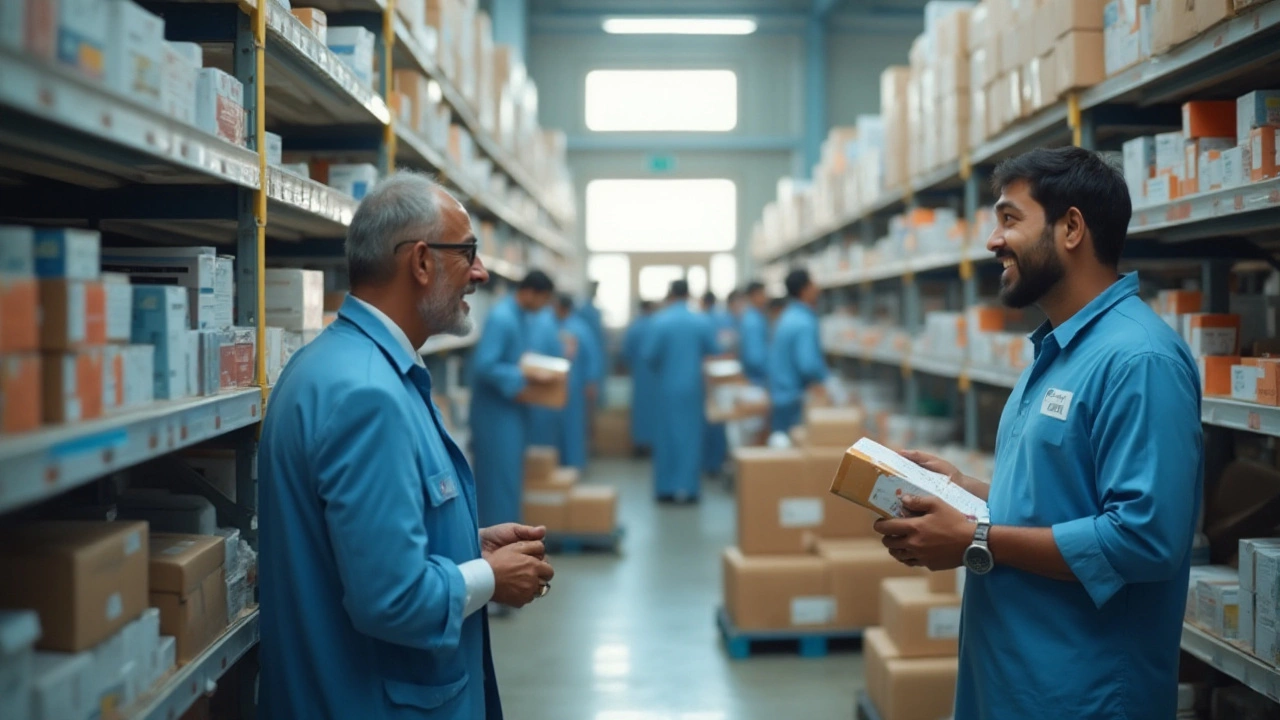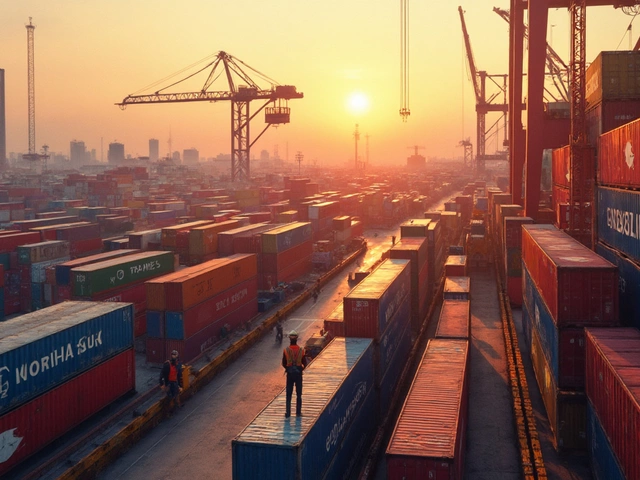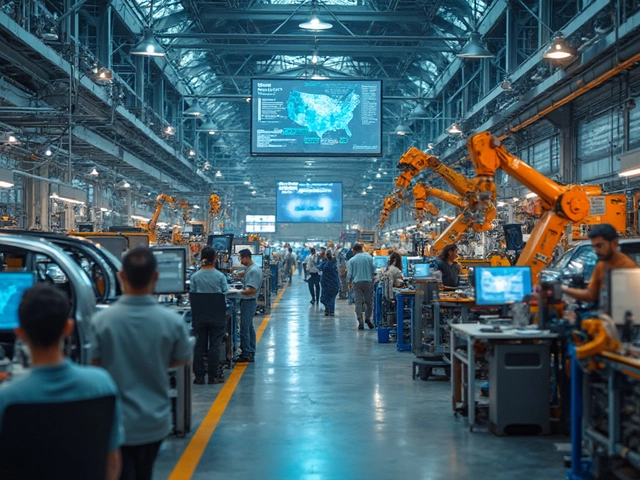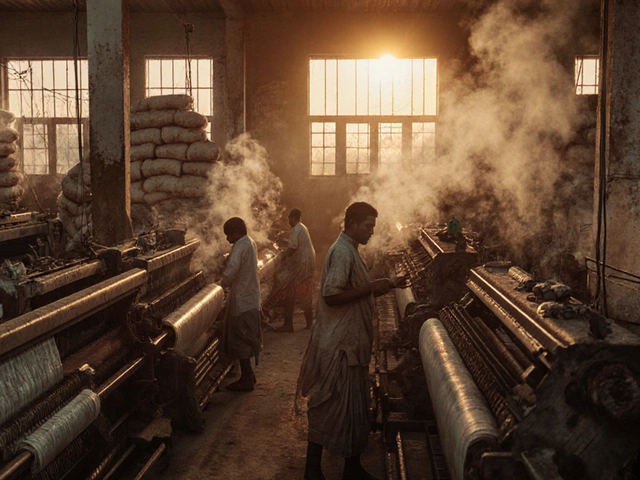Pharma Distributor: Your Quick Guide
If you’ve ever wondered who moves medicines from the factory to your local pharmacy, the answer is the pharma distributor. They are the middle‑man that makes sure the drugs you need arrive on time, stay safe, and meet all the rules. In India’s booming health market, a good distributor can be the difference between a product that sells out and one that sits on a shelf.
What a Pharma Distributor Actually Does
First off, a distributor buys bulk medicine from manufacturers and breaks it down into smaller packs that pharmacies can handle. They store the products in temperature‑controlled warehouses, track expiration dates, and handle any paperwork required by the Drug Controller General of India. Think of them as the logistics brain behind the drug‑store counter.
Beyond storage, they also take care of transport. That means loading trucks, planning routes, and making sure a cold‑chain product like insulin never gets too warm. They work with certified transport partners and use GPS tracking so you can see where a shipment is at any moment.
Another big job is regulatory compliance. Pharma distributors have to follow rules about labeling, batch tracking, and reporting adverse events. If a batch is recalled, they are the ones who pull it off the shelves and inform every retailer. Without this safety net, bad medicine could stay in the market longer than it should.
How to Pick a Good Partner
Not every distributor is created equal. Start by checking their licenses – a legitimate pharma distributor will have a Drug Wholesale Licence from the state authority. Next, look at their warehouse facilities. Do they have proper temperature monitoring? Are they ISO‑9001 certified? These signals show they take quality seriously.
Ask about their distribution network. A partner with a wide reach can get your product into tier‑2 and tier‑3 cities faster. If they already work with retailers you target, you’ll save time and money on new introductions.
Reliability comes down to data. Good distributors offer real‑time inventory dashboards so you can see stock levels, order status, and expiry dates. Request a demo of their system before you sign a contract.
Pricing is important but don’t pick the cheapest option blindly. Low rates can mean cut‑corners on storage or transport, which risks product quality. Compare the total cost of ownership – that includes handling fees, insurance, and any extra services like marketing support.
Finally, read reviews or ask for references. Talk to other manufacturers who have used the distributor for similar products. Their experience will tell you if the distributor is proactive, communicative, and can handle emergencies.
In short, a pharma distributor is the backbone of the drug supply chain. By checking licenses, facilities, network reach, technology, and reputation, you can choose a partner that keeps medicines safe, on time, and ready for patients. With the right distributor, you’ll focus on making great products while they handle the rest.
Top Pharmaceutical Wholesaler in India: The Unseen Backbone
The pharmaceutical wholesale industry in India is a vital component of the healthcare system, ensuring that medications are available to pharmacies, hospitals, and clinics nationwide. This article explores the leading pharmaceutical wholesaler in India, their role in the supply chain, and the impact they have on making medicines accessible. We delve into the dynamics of the pharma distribution network and provide insights into upcoming trends. A must-read for those who want to understand the hidden gears driving India's pharma sector.
View More




